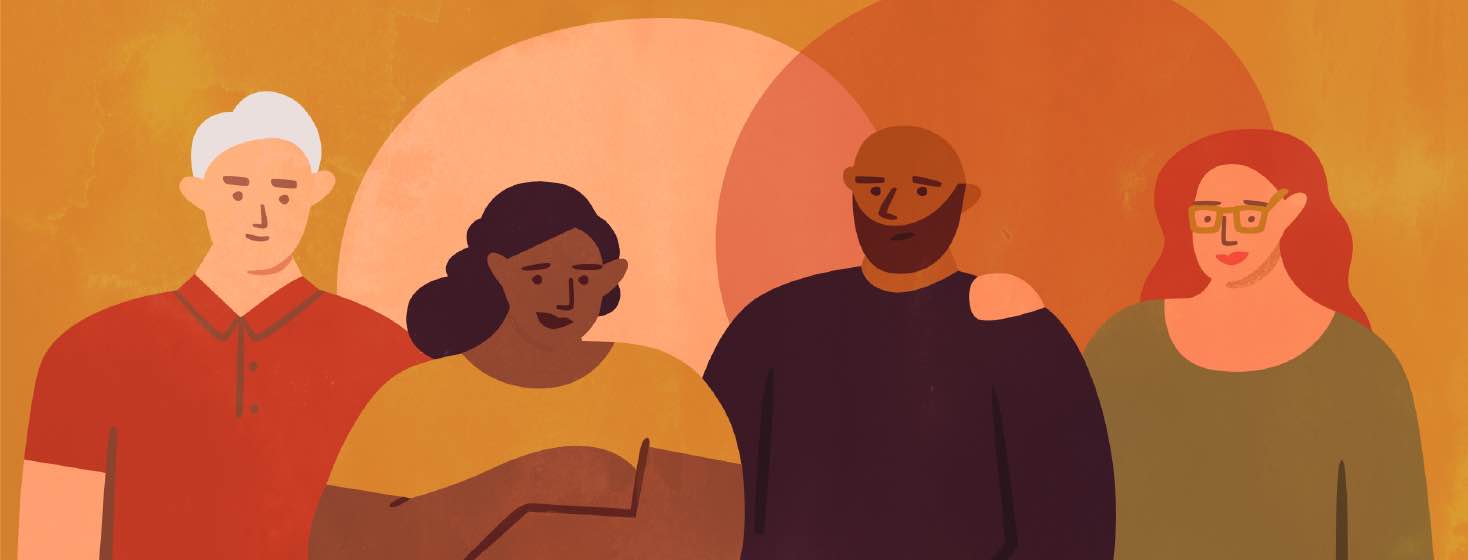Community Teachings: Joining the Bladdercancer.net Team
Hello there! My name is Amanda. I am the new content lead responsible for maintaining the flow of the articles on BladderCancer.net. My background is in public health, with a focus on social determinants of health (things like housing, proper food access, and social support). This is my first experience in the bladder cancer space, and I can honestly say that I have learned A LOT since transitioning to the community. So I thought I would take the opportunity to come out from behind the curtain and talk about those learnings.
Bladder cancer diagnosis inequities in women
Inequities – lack of fairness – exist in much of healthcare. This can mean unfairness in access to care, cost, or being able to find a doctor you trust.
Women generally have a harder time securing the right diagnosis. This leads to an increased risk for developing a more severe grade and stage.1 Our female advocates (shoutout!) have taught me that no one knows your body as you do.
Causes of bladder cancer
Bladder cancer is the 6th most common cancer, but I hardly ever heard it talked about before I joined the team. One of the things that surprised me the most is the occurrence of bladder cancer from one generation to the next. I have read many accounts from people who had generations of bladder cancer before them and then saw that same cancer take hold in their children.
It is difficult to nail down a specific cause of bladder cancer because there are so many elements that potentially influence it. There is a lot of rumbling from the community regarding second-hand smoke. The assumption is always "Bladder cancer? Must be a smoker." But that is simply not the case. Environmental factors, work conditions, and genetics all play a potential role in the development of bladder cancer.2
And sometimes it just, *POOF* appears
What has been even more jarring is how young some folks were when diagnosed. Nothing outwardly evident, maybe some spotting or a UTI that does not seem to go away, but otherwise, no siren goes off.
I have suffered through my fair share of science classes – biology, biochemistry, microbiology, organic chemistry. We were taught that where change occurs, there is always evidence. Sweat, energy, or carbon dioxide. But sometimes bladder cancer, and cancer in general, comes without any sort of warning.
Treating bladder cancer can be intricate
There is no one-size-fits-all approach when it comes to bladder cancer treatments. It depends on many factors and moving parts – stage, grade, muscle-invasiveness, and others.
And the treatment landscape is a doozy, too. BCG shortages are still a thing, along with long-term maintenance therapy. Bladder cancer research has been chronically underfunded for years, which is why so many patients still depend on therapies developed in the '70s, like BCG.3 The good news is that the treatment market for bladder cancer has been seeing a lot of action in recent years.
Resilience and perspective
And the most important thing I have learned from this community: you should never stop living your life. One of the things I admire most is the resilience I see across these pages. Taking those lemons and make something more than just lemonade!
What is something you have learned as a result of the bladder cancer community? Tell us in the comments below, or share your story with the community.

Join the conversation